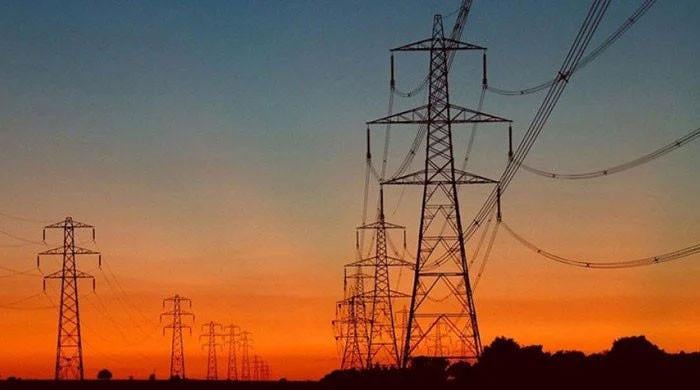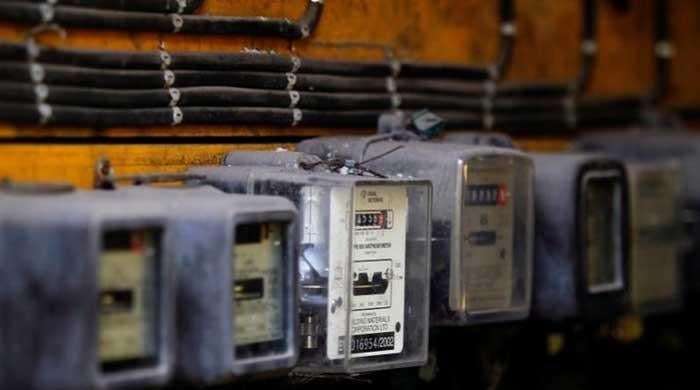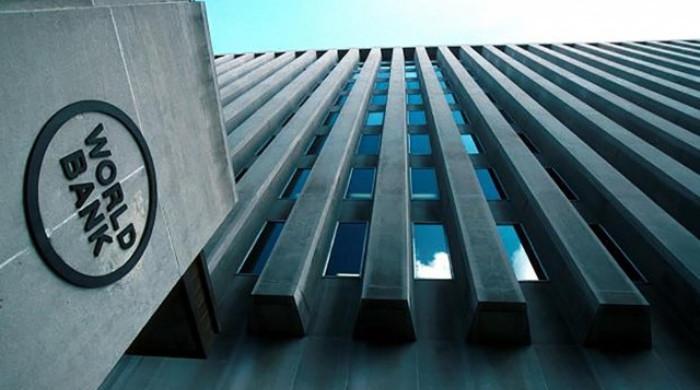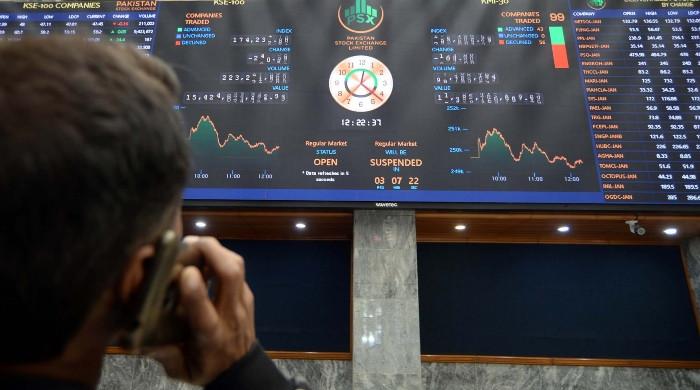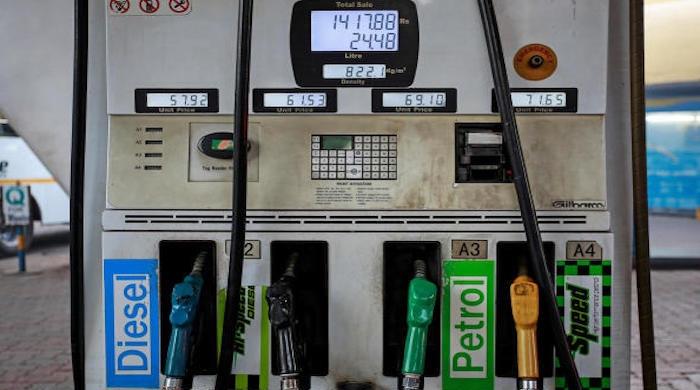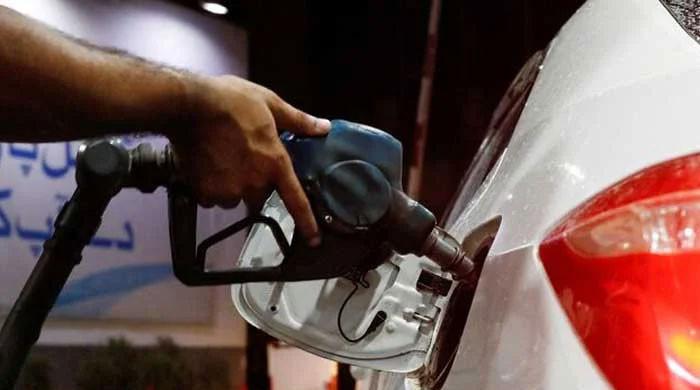GDP to contract by 1.6% due to coronavirus impact: report
UK-based Economist Intelligence Unit projects GDP growth to hover around 2.9% in upcoming fiscal year
May 09, 2020
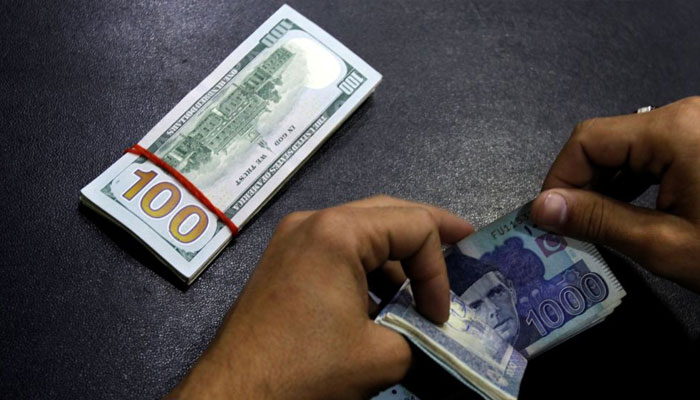
ISLAMABAD: Keeping in view the impact of COVID-19 pandemic, the Gross Domestic Product of Pakistan is going to contract by 1.6% in the ongoing fiscal 2019-20 and will grow to 2.9% in the next financial year 2020-21, a report published in The News claimed on Saturday.
The loans from the International Monetary Fund and other multilateral and bilateral donors will help to ease the balance-of-payments pressures over the next few years. The current account will remain in deficit in 2020-24, the report, citing the Economist Intelligence Unit (EIU), added.
The Pakistani Rupee will depreciate against US dollar by Rs17.7 from an annual average of Rs160.8: US$1 in 2020 to Rs178.5: US$1 in 2024. Overseas workers' remittances will fall sharply in 2020 owing to the pandemic induced global economic slowdown, the report noted.
The unemployment rate is projected to increase by 3.9% to 14.7% in current fiscal 2019-2020 from 10.8% in 2018-19 and is further forecast to plummet to 11.8% in 2020-21 and will go down to 9.4% in 2021-22 and projected to further decrease to 8.4% in 2023-24, it stated.
Also read: OICCI advises government to reduce GST from 17% to 13% in upcoming budget
'Armed forces to continue to shape policy'
The inflation rate is also projected to come down to average 7.4% in 2020, from 9.4% in 2019. However, the overall consumer price inflation is expected to be at average 6.2% a year in 2021-24. High food inflation in early 2020 and the impact of currency depreciation on import prices will keep inflationary pressures high, the report claimed.
This all has been forecast in a country report on Pakistan released from London on Thursday by the UK-based Economist Intelligence Unit (EIU), which has for 60 years been a source of information on business developments, economic and political trends, government regulations and corporate practice worldwide.
The Economist Intelligence Unit also painted the political scenarios of Pakistan saying that opposition parties will continue to be hobbled by the legal challenges facing their leaders. It also mentioned that the coronavirus pandemic has increased the risk to political stability.
"And more importantly, the armed forces will not only continue to shape Pakistan's foreign and security policy, but it is likely to expand their formal influence over economic policy-making during the forecast period," the report stated, according to The News.
Also read: PBC expresses concern over tax collection targets for upcoming fiscal year
'Slowdown due to effects of virus lockdown'
Coming to the fiscal situation, the Economist Intelligence Unit in its report says that the real GDP is expected to contract by 1.6% in 2019-20, following the growth of 3.3% in 2018/19. "The slowdown will be due primarily to the economic effects of the shutdown measures," it noted.
The slowdown is expected to be concentrated in the fourth quarter of 2019-20, when the measures will be at their strictest. The economic impact of these measures will spill into 2020-21. Private consumption growth will suffer from soured consumer confidence, it added.
The EIU also predicts the economic growth in 2020-21 to stand at 2.9%, mainly because of a lower base of comparison from 2019-20, rather than any genuine improvement in economic fundamentals. Economic growth will recover at a gradual pace from 2021-22, it predicted.
Mentioning the monetary policy, the EIU says that the State Bank of Pakistan has loosened monetary policy aggressively in early 2020. Since March, the SBP has reduced the bench-mark policy rate by 425 basis points, to 9%, and reduced the capital conservation buffer by 100 basis points, to 1.5%.
Also read: Good news for power consumers next month, assures Shaikh
'Central bank to have more space to loosen policy'
It expects the SBP to loosen its stance further in the remainder of 2020, to provide liquidity to the banking sector during the crisis. The central bank will have more space to loosen monetary policy later in the year as inflationary pressures abate, amid weakening consumption and global fuel prices.
It will maintain an accommodative stance in 2021 as the economy recovers and inflation continues to ease. It also mentioned that the Pakistan rupee depreciated by more than 7% against the US dollar within the first three months of 2020, as investors fled to safe-haven markets in the face of disruption caused by the pandemic.
The SBP's aggressive reduction of interest rates has also led to an outflow of foreign investment. The rupee stabilized in April, as concessional loans from multilateral organizations and an expected temporary freeze on debt repayment to G20 countries have helped to restore confidence in the currency.
The EIU expects the rupee to continue to depreciate in 2020, but ultimately at a more stable rate, as the initial pandemic shock recedes. This depreciatory trend will persist over the rest of the forecast period, owing to the persistent current-account deficit, the report claimed.
Originally published in The News




